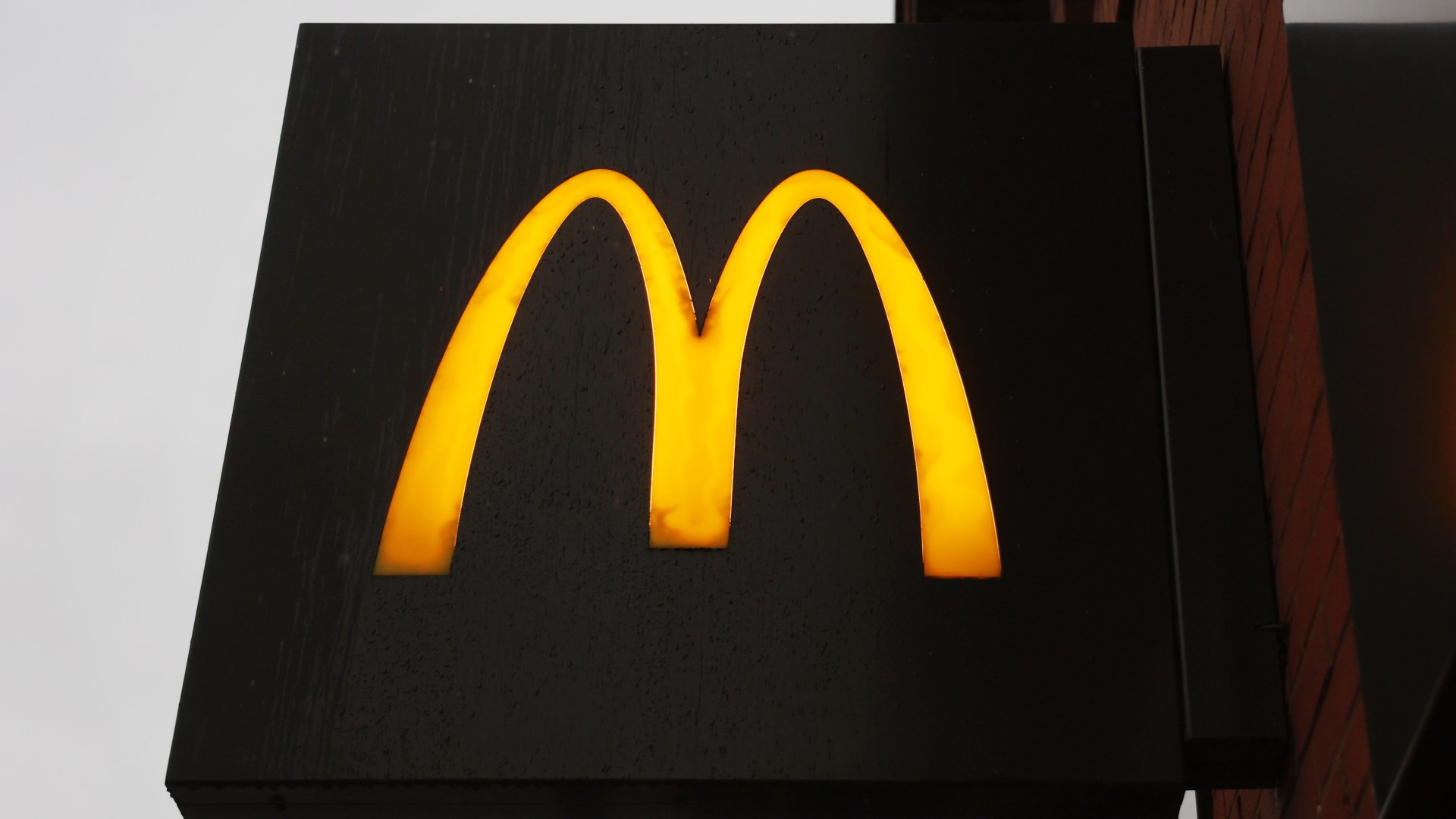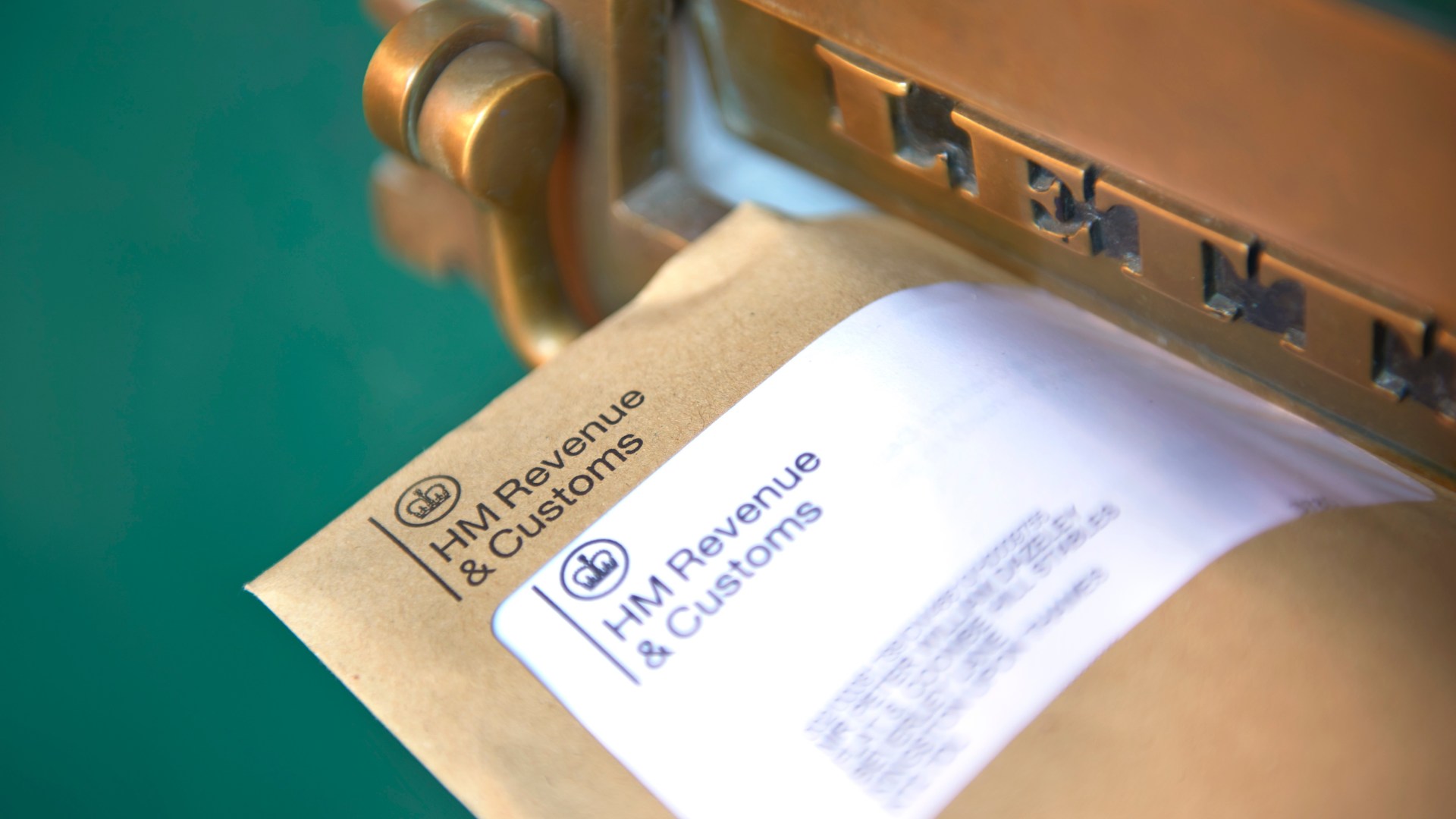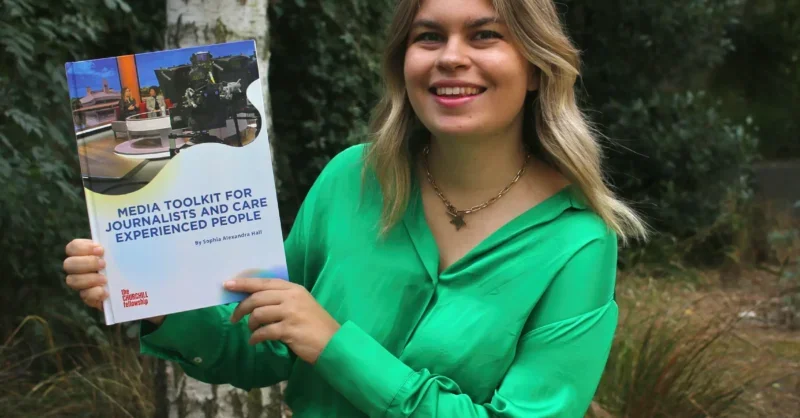Back in the 1980s, Andrea Orcel’s university thesis was about hostile takeovers. Almost four decades later, the ambitious UniCredit chief finds himself at the heart of the biggest European banking drama in years — taking on the German government in what could be the first big cross-border banking deal in Europe since the financial crisis.
This week the Milanese lender raised its stake in rival Commerzbank to 21 per cent, pending approval from the European Central Bank. This would make UniCredit the largest shareholder, overtaking the German government. German Chancellor Olaf Scholz has called the stake-building “unfriendly” and “hostile” but Orcel has said he had no plan to engage in a fist fight with Berlin.
“Andrea isn’t naive, he’s a tactician and I think he’s well aware of what he’s doing . . . he knows exactly how he plans to reach his end goal . . . we may not know exactly, but he does,” says Alessandro Profumo, the former CEO of UniCredit.
Berlin’s refusal to negotiate has reportedly frustrated Orcel, who does not usually take no for an answer. Rising before dawn for his daily sports session, he has been working nonstop with bankers at Barclays and Bank of America to find a way through.
His devotion to the job, coupled with his ability to advise CEOs on near impossible deals, have built Orcel, 61, a reputation as both smart and ruthless. “Andrea is pragmatic and articulate . . . because he’s very demanding, people can feel he’s too demanding . . . but what he asks from others he asks from himself,” says Andrew Gazitua, the former chief operating officer of investment banking at Merrill Lynch, where Orcel cut his teeth. He can also be down to earth — he goes by his first name in a country where many CEOs demand more formality.
Raised in Rome where his mother worked for the UN and his Sicilian father ran a small leasing company, Orcel went to the prestigious Lycée Français Chateaubriand, home to the children of aristocrats and diplomats. While on holiday from Rome’s La Sapienza university, he decided he wanted to become a banker instead.
After stints at Goldman Sachs and Boston Consulting Group, Orcel joined Merrill Lynch in 1992, where — after a 20-year streak of successful M&A deals including the €21bn merger of Italy’s Credito Italiano with UniCredito to create UniCredit — he was dubbed “the Cristiano Ronaldo of bankers”.
“He was extremely knowledgeable and always available, plus he built a network of personal relations that facilitated access to the decision makers,” says Profumo who helmed Credito Italiano at the time.
Along the way, Orcel, who was president of UBS from 2014 to 2018, struck up friendships with the likes of late Santander chair Emilio Botín — whom he advised on acquisitions that transformed the lender into a global banking group. But he also racked up enemies.
His relationship with the Botíns soured in 2018 when Santander withdrew its offer to make him CEO over pay. When Orcel launched a multimillion-euro lawsuit, the world of high finance thought he was crazy. But the courts ultimately awarded him €43.5mn. “He just does what he thinks is right even if it makes him look like an arse but he’ll always be accountable for his actions . . . I hate to say it but most of the time he’s right,” says a senior banker in London.
One time he may have been wrong was when he advised on the disastrous acquisition of ABN Amro by RBS in 2007. He once told the FT that “with the benefit of hindsight we should have done things differently. I cannot help but feel responsibility for my role.”
His transformation of UniCredit, with the share price climbing almost 400 per cent since he joined in 2021, is his most important one yet. Securing the Commerzbank deal would earn him a lasting place in Europe’s financial firmament. Yet, German finance minister Christian Lindner told lawmakers this week that “in terms of their style and their communication, UniCredit’s actions didn’t contribute to strengthening the trust of the government”.
It is not the first time Orcel, who has little time for diplomacy, has locked horns with public institutions. In 2021, Mario Draghi’s government in Italy had hoped to sell Monte dei Paschi di Siena to UniCredit. The parties failed to clinch a deal and Orcel walked away. Since Vladimir Putin’s invasion of Ukraine in 2022, Orcel has also been at odds with the ECB on how to deal with UniCredit’s ongoing Russian presence. “Andrea is no politician, he’s a no bullshit guy,” says Davide Serra, founder of asset management firm Algebris, friend and longtime UniCredit investor. “Moral suasion doesn’t work with him . . . which is why those who don’t like him say he has a bad character.”
Commerzbank may well be worth the latest fight. Orcel’s preferred option, say insiders, would be to merge it with UniCredit’s existing German subsidiary HVB. At the right price, it would be hard for the Germans to refuse. This time, the Italian government also has his back.
Orcel may be divisive — “he’s a bit like Marmite: either you hate him or you love him,” says Amir Hoveyda, who worked with him at Merrill Lynch and UBS. But he has once again managed to leave his counterparty’s weaknesses exposed. A master of game theory, his latest move will force a reckoning among regulators that have pushed for greater EU banking integration for years. As for those rivals who have long wondered if an Italian bank — even an enlarged one — will ultimately be enough for such an extraordinarily ambitious executive, they may not stop looking over their shoulders just yet.



















































































































































You must be logged in to post a comment Login